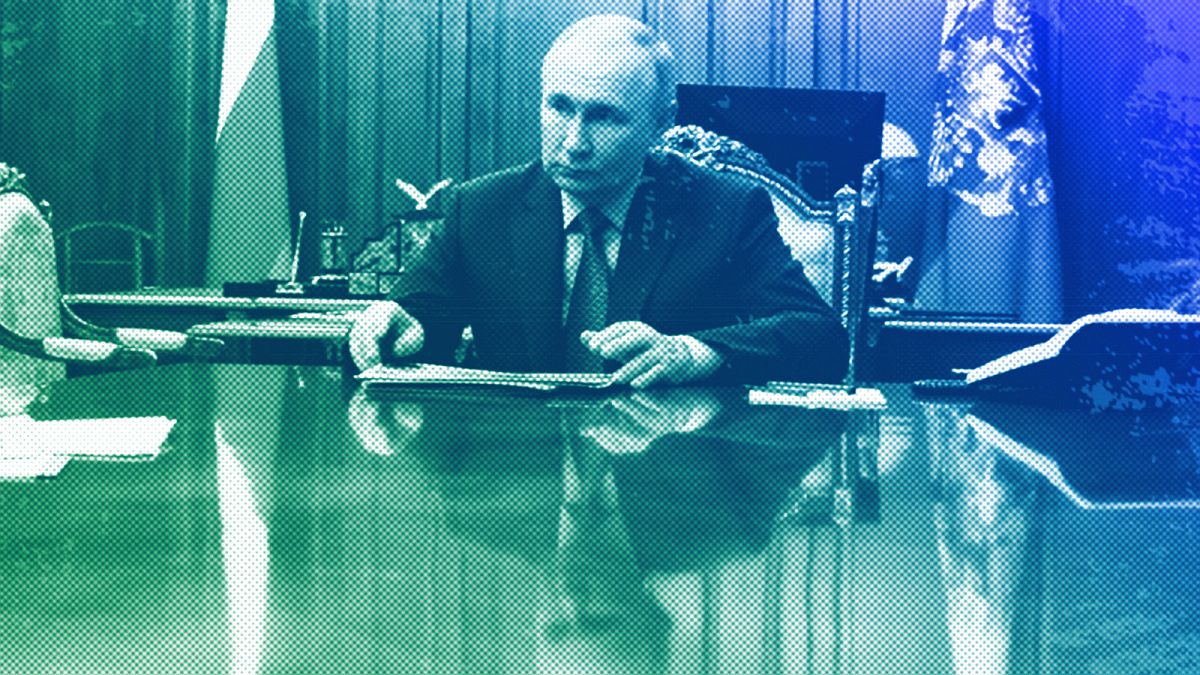Russia, under the leadership of Vladimir Putin, is engaging in imperialist plans beyond Europe in regions like the “Global South”, with the aim of creating new client states and weakening global support against its actions in Ukraine. One clear example of this is in Libya, where Russia has increased its engagement with strongman General Khalifa Haftar and is working towards establishing a Russian military presence in the country. This poses direct economic and military threats to Europe, as well as the potential to further increase migration flows into the continent. Russia’s actions in Libya are part of a larger strategy to expand its influence in Africa, using the country as a funnel to insert Russian mercenaries and proxy forces into other African nations like Sudan and Mali.
The National Oil Corporation in Libya, under Chairman Ferhat Bengdara, is succumbing to corruption enabled by the country’s divisions, leading to billions of dollars of public funds being unaccounted for and driving the Libyan oil industry into the ground. Recent escalations by Haftar’s forces, including blockades of key oil fields, highlight the vulnerability of European energy security to developments in the region. As more of Libya falls under Haftar’s influence, there is a real risk of it becoming a vassal state for Putin. It is clear that Russia’s actions in Libya are part of a broader strategy to expand its influence in Africa, using the country as a platform to connect with supply routes in Syria and other conflict zones.
The geopolitical games being played by Russia in Libya have far-reaching implications for Europe and its energy security. As a key strategic location close to southern European states and a starting point for migration journeys into Europe, Libya’s stability is crucial for the region. The increased engagement of Russian forces in the country, along with the potential establishment of a Russian nuclear submarine base, poses a direct threat to European energy assets and supplies. By maintaining control and influence over key national institutions in Libya, Putin is seeking to establish a stronghold in the region and leverage its energy resources to shape European energy and foreign policy.
NATO must remain vigilant against Russia’s actions in Libya and other regions beyond Europe, in order to prevent the creation of new client states and ensure collective security against the growing energy security challenges posed by Russian expansionism. It is essential for NATO to work together to support efforts against these geopolitical games and ensure that Russia faces the full force of international sanctions. By staying united and focused on the broader picture of Russian imperialism, NATO can effectively counter the threats posed by Putin’s aggressive expansionist policies and support allies like Ukraine in their efforts to resist Russian aggression. Matas Maldeikis, Lithuanian MP and Deputy Chair of the Future Committee, emphasizes the importance of remaining alert to Russia’s imperialist plans and working together to counter them for the collective security and stability of the region.










